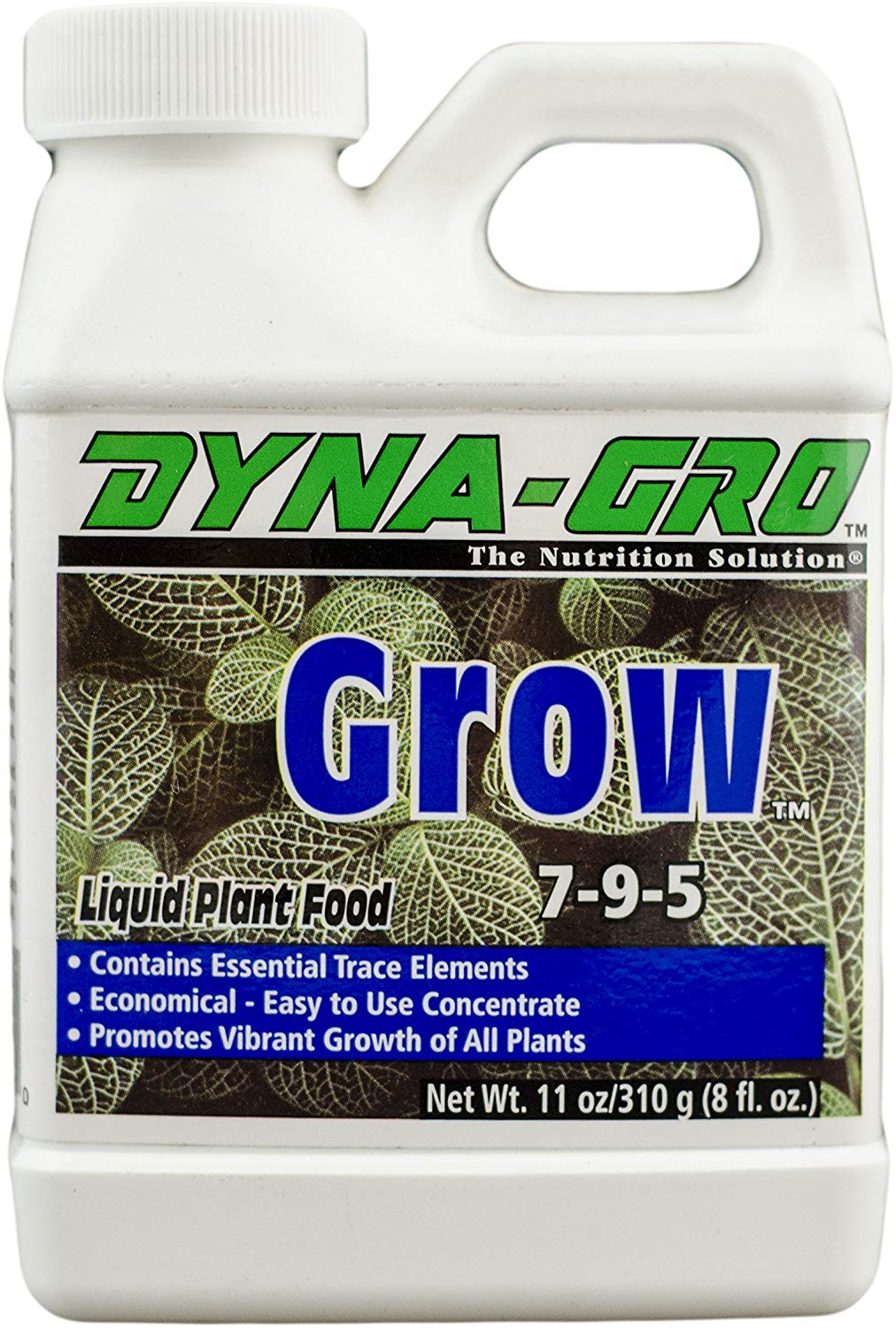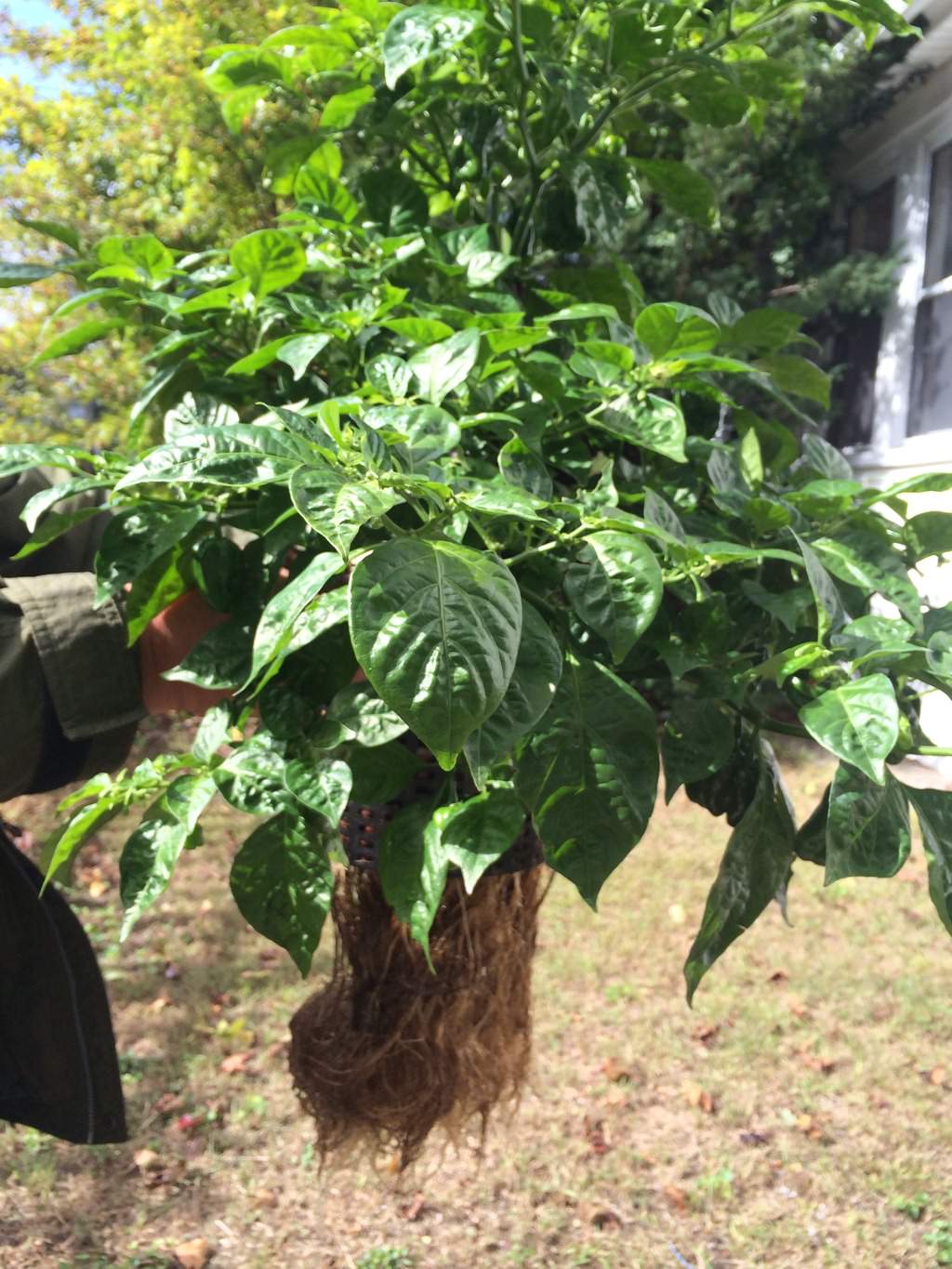Gotcha!solid7 said:
I put them in the freebie throw away trays that small square nursery pots come in! I put those trays inside of a drywall mixing tub.
So I got bed #1 built. It's two stacked full size with a cap. I did two stacked because I am on a hill and wanted to level it out. I am getting the dirt tomorrow, I'll fill this first bed then build the next and build that.
The nursery didn't mention anything about it, but should I put any organic material(like the dead pepper plants from last season) in the bottom before the load of dirt? Or just skip that? Also 2-3" mulch good?
The plan right now is raised bed mix to the top of the full blocks, layer of compost 1-2" or so(mixed in to the top 4-6" of the soil), mulch to the top.



